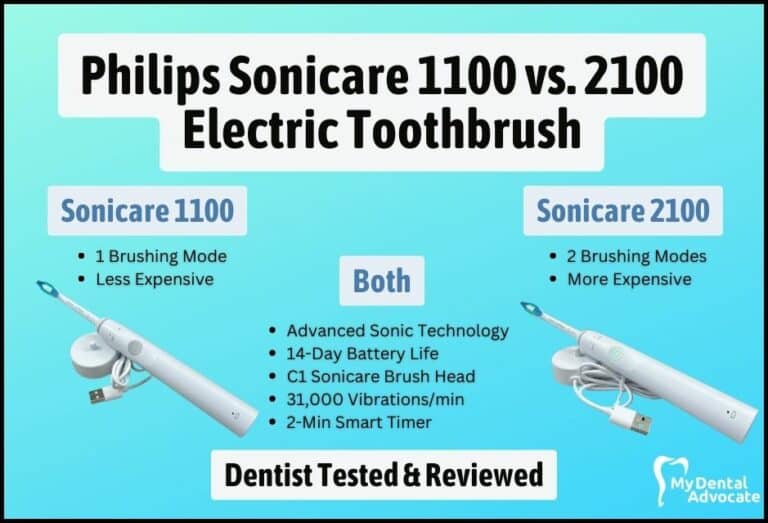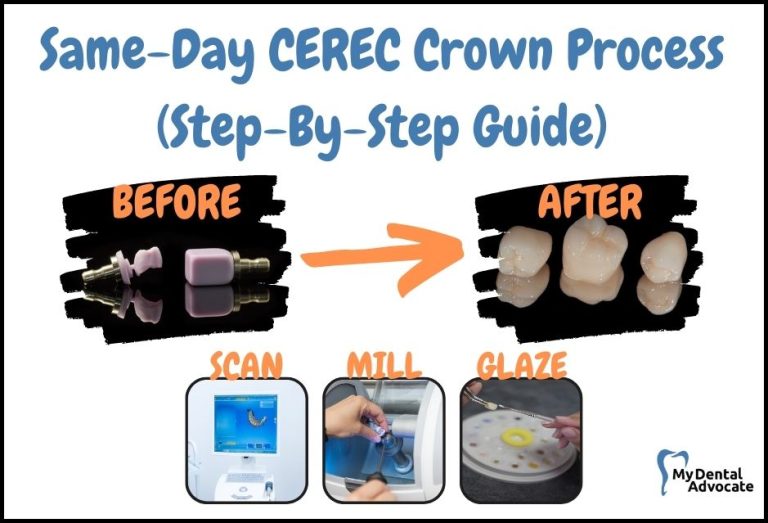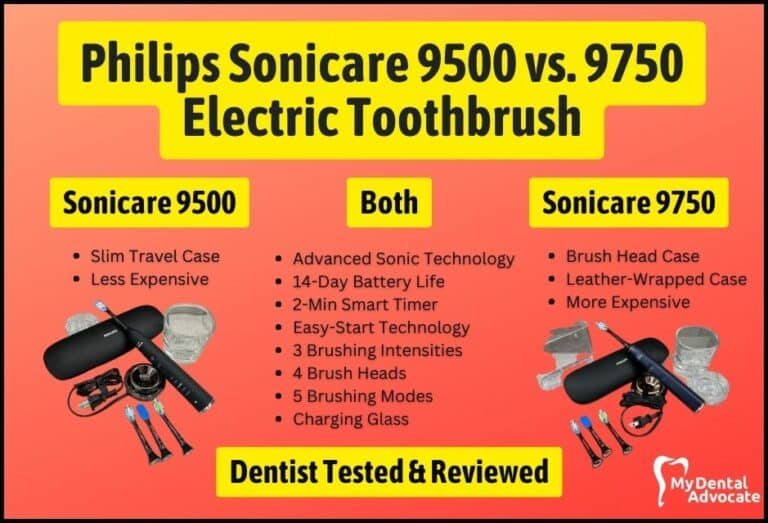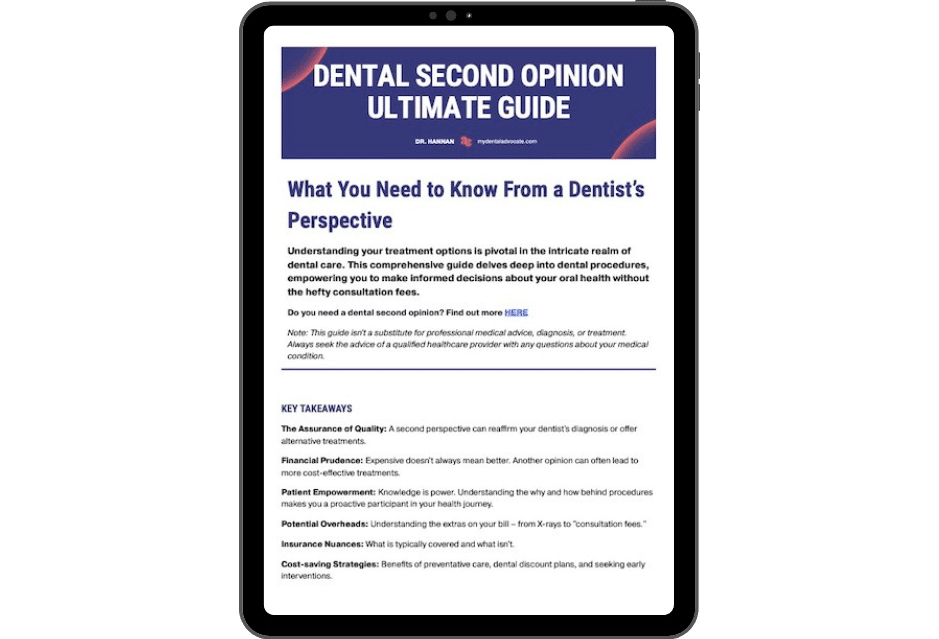Sports Mouthguard (Protect Your Teeth, Braces & Lips)

According to Sports Health, approximately 30 million children and adolescents are involved in sports annually in the United States, and the impact of dental injuries can be significant.
Every year, more than 5 million teeth are knocked out in the United States, accruing nearly $500 million in care costs.
In addition, treating an avulsed tooth over a lifetime is between $5,000 and $20,000.
Sports mouthguards are essential equipment to prevent dental injuries and expensive dental treatment.
Need Dental Advice? Ask Dr. Hannan!
The mouthguard’s role is to shield the teeth from a direct blow leading to fractured or knocked-out teeth; ouch! What should be done if this occurs?
Recommended Reading: 5 Qualities of a Great DentistWhat Is a Sports Mouthguard?
Sports mouthguards come in all shapes and sizes and serve two roles.
First, it protects your teeth from direct impact with an object such as an elbow, ball, puck, or stick.
Second, it shields your teeth from impact leading to tooth fracture, jaw fracture, or concussion.
Most sports mouthguards encapsulate the upper teeth and fit within the confines of the lips. In addition, some sports mouthguards feature a lip guard that protects the soft tissues of the lip.
Related: Learn more about Oral Appliances
Who Needs a Sports Mouthguard?
Sports mouthguards are recommended for any adult or child participating in contact sports such as football, basketball, soccer, baseball, lacrosse, hockey, etc.
Also, consider wearing a mouthguard if you’re participating in any extreme sport such as skateboarding, rollerblading, mountain biking, or BMX riding.
If you find yourself clenching or grinding your teeth at night or during the day, consider wearing a nightguard to prevent irreversible harm to your teeth.
Types of Sports Mouthguards
Custom-fit mouthguards provide the most accurate fit and comfort for your teeth.
Teeth and arch sizes range in every individual, so it’s vital to wear a mouthguard that fits your mouth best. Ill-fitting mouthguards can rub lips and cheeks, leading to sore spots or being overextended, leading to a gag response.
Different Types
- Stock Mouthguards: These mouthguards are pre-formed and can’t be adjusted, often resulting in an irregular fit and insufficient protection. They may also make it hard to talk and breathe, so they aren’t recommended.
- Boil & Bite Mouthguards: These mouthguards can be bought at sporting goods stores. They use thermoplastic material that softens in boiling water and can be adapted to your teeth. While they provide good protection, they require some patient compliance to achieve the right fit.
- Custom-Fit Mouthguards: These mouthguards offer the best dental protection with superior fit and comfort. Though more expensive, they are individually designed by your dentist and crafted in a dental lab for optimal protection. They also allow for easy talking and breathing.
Wearing a Mouthguard with Braces
Suppose you wear braces or another orthodontic appliance.
Wearing a mouthguard to protect the appliance from damage during impact and protect your teeth, gums, and lips from the sharp wires on the appliance is essential.
Consult your dentist or orthodontist regarding what type of mouthguard is best for your situation.
Occasionally, your orthodontist may recommend wearing a lower mouthguard to protect the appliance on your lower teeth. Lastly, Invisalign should not replace a mouthguard during combat sports.
Although the Invisalign will keep your teeth aligned, there’s not enough material to prevent damage to your teeth.
Best Boil & Bite Mouthguard
Shock Doctor is a leader in mouthguard technology, innovation, and performance.
Their products are available in 10,000+ retail stores and are worn by hundreds of professional and collegiate athletes. In addition, they offer a variety of models, including classic, slim fit, and mouthguards for braces.
Classic Model Features
- Low profile fit
- Triple-layer design
- Breathing channels
- Quick-release tether strap
- Latex and BPA-free
- Dental warrenty
Do Mouthguards Prevent Concussions?
Sports-related concussions are a significant public health concern.
People have become increasingly aware of the correlation between player safety and concussion risk. For example, the NFL has imposed strict rule changes to minimize impacts on the players’ heads.
Also, helmet technology has drastically improved and become a multi-million dollar industry in developing superior equipment.
However, the jury is still out regarding the effectiveness of preventing concussions. One particular research article shows a 49% decrease in concussion odds, whereas another meta-analysis article concludes there was no correlation between mouthguard use and decreasing concussions.
Mouthguard Care & Maintenance
Proper fitting mouthguards are essential to provide necessary protection from sports injuries.
Mouthguards showing wear and tear signs should be replaced as soon as possible. Also, an ill-fitting mouthguard may occur because adolescents hit multiple growth spurts.
As their mouth changes in size, replace their mouthguard accordingly. Also, bring their mouthguard into the dental office so the dentist can confirm it still fits to form.
Helpful Tips
- Protect your mouthguard in a sturdy case between uses
- Keep it clean and dry to prevent bacteria formation
- Rinse mouthguard before and after use
- Clean the mouthguard regularly with a toothbrush and soft hand soap
- Never leave your mouthguard in direct sunlight, as it will warp
- Regularly check fit and for any signs of wear
- Occasionally bring it to your dentist for evaluation
- Keep it out of reach of pets to prevent damage
My Experience & Expertise
Sports-related injuries are common during competitive contact sports.
Is it possible to decrease the risk of oral injuries when wearing a mouthguard? Many research articles suggest that.
With so many great products available, get in the game and find one that fits you to prevent painful and costly dental injuries.
Need a second opinion? We can help! Learn more. Knowledge is power when cultivating healthy dental habits. The more informed you are, the better positioned you’ll be to prevent avoidable and potentially costly dental procedures for you and your family. Watch for future blog posts, where we’ll continue sharing important information, product reviews and practical advice!
Sources
- Young EJ. Common Dental Injury Management in Athletes. Sports Health. 2015.
- Chisholm DA. Mouthguard use in youth ice hockey and the risk of concussion: nested case-control study of 315 cases. Br J Sports Med. 2020 Jul.
- Knapik JJ. Mouthguards in sport activities : history, physical properties and injury prevention effectiveness. Sports Med. 2007.
- American Dental Association (ADA)

About the Author
Dr. Matthew Hannan, also known as “Dr. Advocate,” is a board-certified dentist on a mission to provide accurate dental patient education. He attended Baylor University before completing dental school at UT Health San Antonio School of Dentistry. He now lives in Arizona with his beautiful wife and 4 kids. Dr. Hannan believes everyone should access easy-to-read dental resources with relevant, up-to-date dental research and insight to improve their oral health.

Connect with Dr. Hannan!

Philips Sonicare 1100 vs. 2100 Electric Toothbrush Review
Are you trying to decide between the Philips Sonicare 1100 and 2100 electric toothbrushes? With so many options on the market, it can be challenging to determine which toothbrush is the best fit for your needs…

Same-Day CEREC Crown Process (Step-By-Step Guide)
If you need a dental crown, you may wonder if there’s a way to get one without waiting for weeks or even months. If that’s the case, you’ll be happy to know that there is a solution: same-day CEREC crowns! Over 30 million tooth restorations…

Philips Sonicare 9500 vs. 9750 Electric Toothbrush Review 2024
Welcome to the ultimate face-off in oral hygiene—the Philips Sonicare 9500 vs. 9750 Electric Toothbrush showdown! If you’ve been on the fence about which top-tier toothbrush to invest in, you’re in the right place.
Gain Clarity with Our FREE Second Opinion Guide
Receive clear, expert second opinions online within 48 hours. Start today!
Product Reviews
Our 250+ dental product reviews (and counting), curated by an experienced dentist, are the most comprehensive online.
Toothbrush Genie
State-of-the-art chatbot designed to help you discover your perfect toothbrush in just a few simple steps!
Cavity Risk Assessment
Cutting-edge digital tool designed to evaluate your individual cavity risk based on your responses to a series of questions.
Gum Disease Assessment
Discover your gum disease risk with our quick and engaging 6-question assessment!


